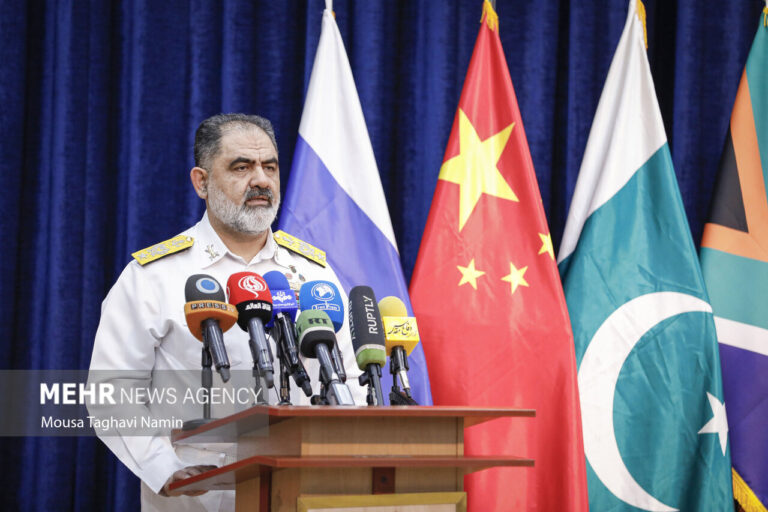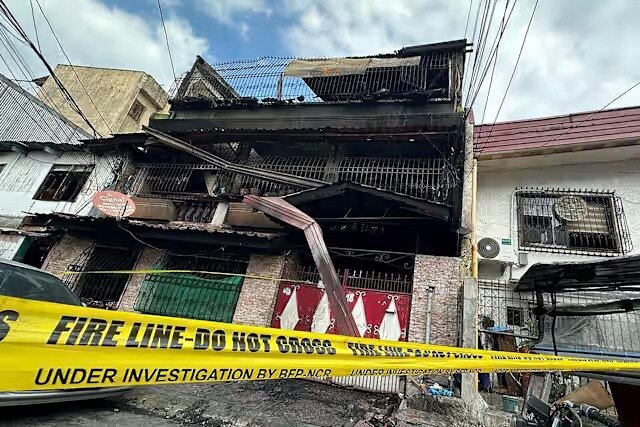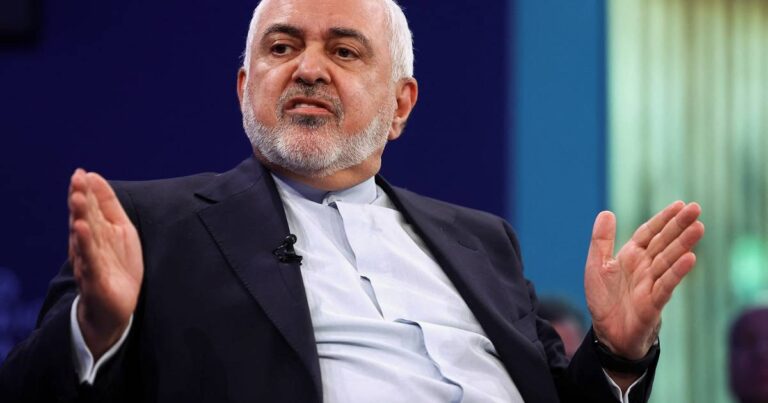Confronting Trump’s Controversial Ethnic Cleansing Proposal: The Battle for Palestinian Identity
In a controversial statement, the President of the United States, Donald Trump, disclosed discussions with King Abdullah of Jordan regarding a plan to relocate over one million Palestinians from the Gaza Strip to other nations in the region. This proposal has raised significant concerns and has been labeled by many as a form of ethnic cleansing.
During a recent flight aboard Air Force One, Trump expressed his desire for Egypt to accommodate these displaced individuals, stating: “I would like Egypt to take the people. We’re probably talking about 1.5 million people, and we just clear all of that out and say: ‘You know what? It’s over.’” He also commended Jordan’s history of hosting Palestinian refugees and encouraged King Abdullah to accept more displaced people, emphasizing the dire situation in the Gaza Strip.
The figures mentioned in Trump’s “relocation” plan echo the number of Palestinian refugees displaced during the Nakba of 1948, a time when many Palestinians were forcibly expelled from their homes. This historical parallel raises questions about the motivations behind such a plan.
Despite the severe hardships faced by the Palestinian population, which has endured over 15 months of violence largely backed by the United States, their resolve remains strong. The people of Gaza, particularly in the north where destruction is rampant, continue to express an unwavering desire to return to their homes. This determination highlights a rejection of any plans that seek to forcibly remove them from their homeland.
The struggle for land in the Palestinian context is multifaceted and should be viewed through a political lens rather than merely an essentialist perspective. The systematic destruction of Palestinian villages during the Nakba was not just about physical displacement; it was also about erasing the historical narrative that contradicts the legitimacy of the Israeli state.
The eradication of these villages aimed to eliminate the physical and historical evidence of Palestinian existence prior to the establishment of Israel. The ruins left behind tell a story of a community that once thrived, which poses a challenge to the narrative that seeks to justify the state’s founding.
In this context, the ruins themselves symbolize a tragic reality—a testament to collective suffering and forced displacement. Denying the right to these remnants of history not only disregards the material existence of displaced communities but also attempts to rewrite the region’s history. This erasure ensures that the official narrative overshadows Palestinian collective memory.
Trump’s proposal to displace Palestinians is part of a broader pattern of Israeli apartheid. These policies prioritize the expansion of illegal settlements on Palestinian land, perpetuating a regime that strips Palestinians of their land and violates their rights. What is framed as a humanitarian solution actually masks a system of dispossession and segregation, cloaked in a façade of compassion.
It is worth noting that support for Trump’s proposals has emerged from figures like Bezalel Smotrich and Itamar Ben Gvir, who are known for their ultranationalist stances. These leaders advocate for measures that facilitate the expansion of Israeli control at the expense of Palestinian rights. Under the guise of humanitarian efforts, such plans aim to deepen the occupation and deny Palestinians their right to self-determination.
Experts, including Mouin Rabbani, argue that Trump’s plan views the existence of Palestinians as a barrier to peace. This perspective frames their expulsion as the sole solution, which not only distorts the reality of the conflict but also shifts blame onto the Palestinian population, who have been subjected to ongoing violence and dispossession.
This narrative seeks to distract from the systemic policies rooted in racial and power distinctions, whereby Israelis are seen as “human,” while Palestinians are considered “non-human.” This dehumanization delegitimizes the Palestinian presence in the conflict and justifies decades of dispossession and violence against them. Presenting forced displacement as a peace solution ignores the roots of the conflict, favoring only the Israeli occupiers while disregarding the rights and dignity of the Palestinian people.
The proposed “relocation” of Palestinians, effectively a form of ethnic cleansing supported by Trump and Israeli leaders, is unlikely to be realized. The Palestinian people, having resisted oppression for decades, are determined to remain on their land. Their connection to their political and cultural identity is profound, and the efforts to impose solutions that strip them of their right to self-determination will not succeed.
In conclusion, the ongoing struggle of the Palestinian people against displacement and oppression underscores their commitment to their homeland. The resistance to forced relocation and their steadfast attachment to their territory reflect a broader narrative of resilience and determination that cannot be easily erased.






